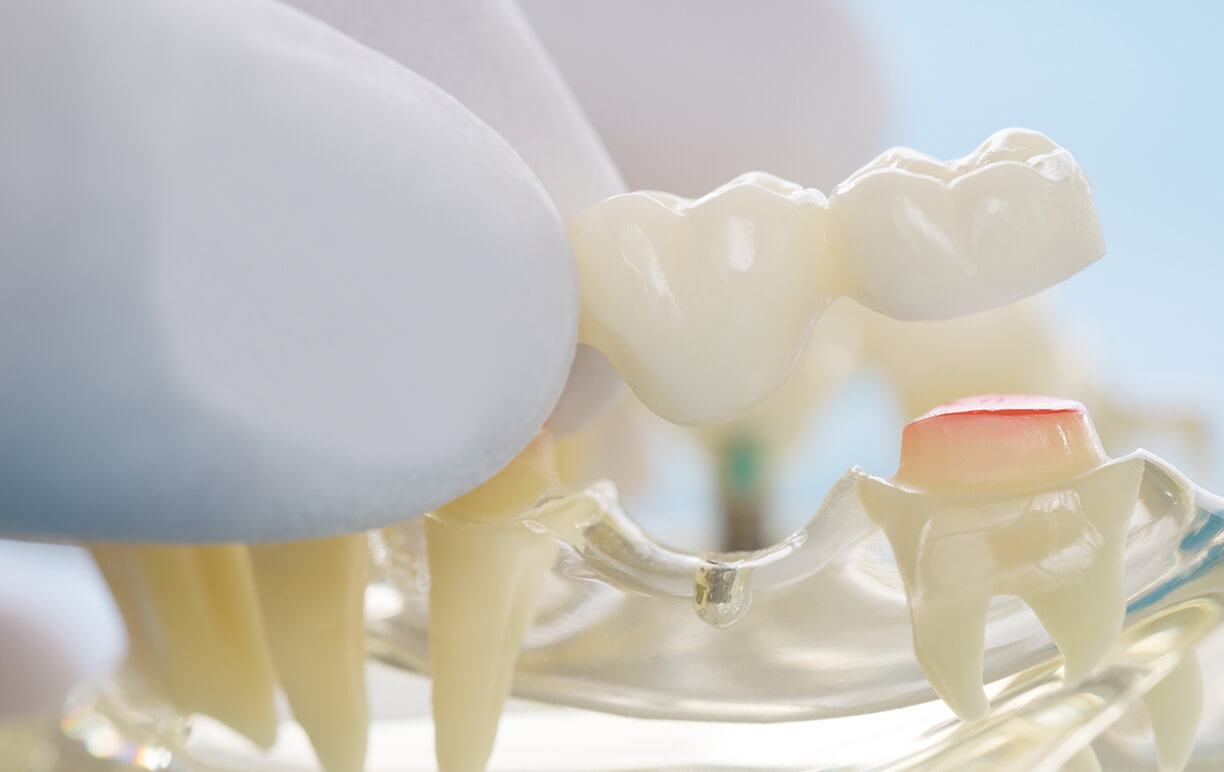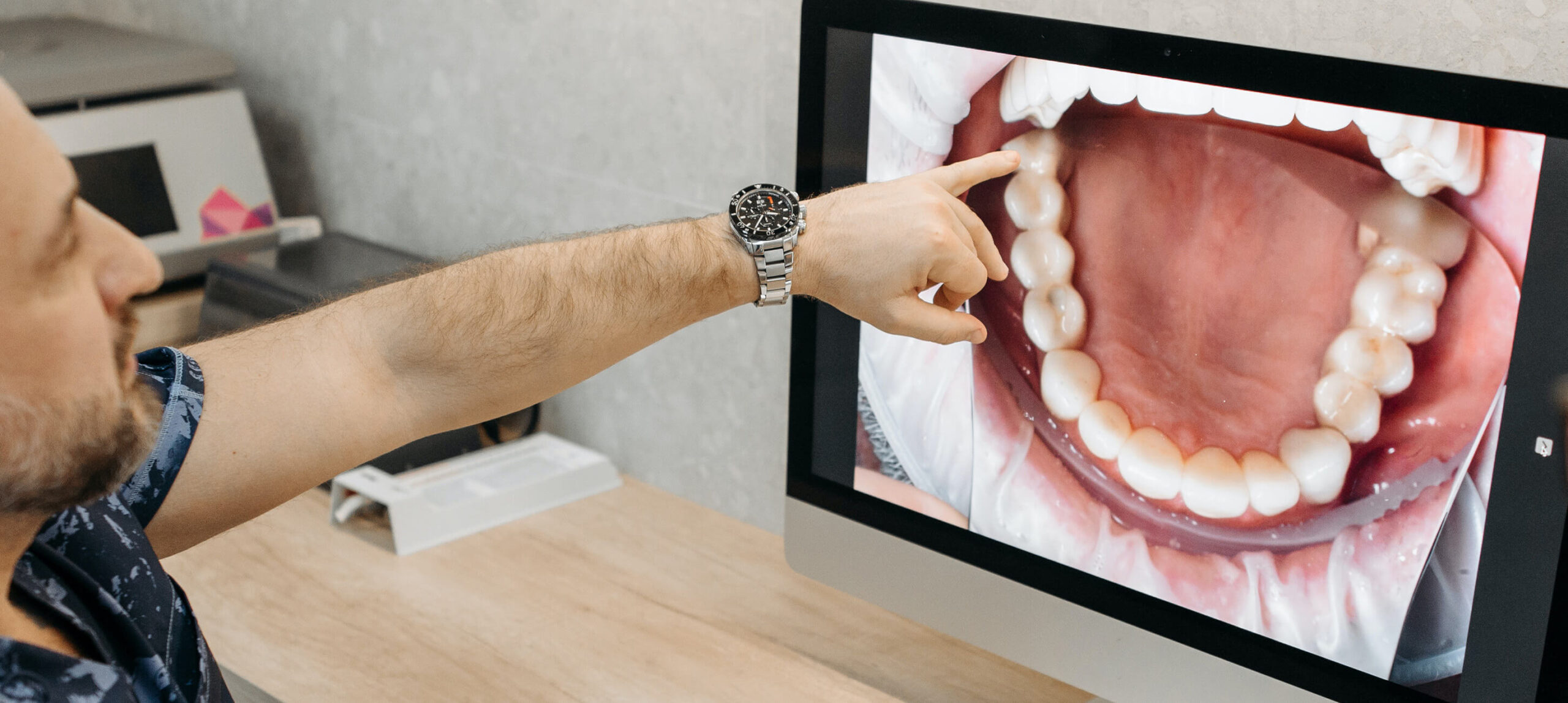A dental crown is a type of restoration that covers the entire visible portion of a tooth, helping to protect it from further damage and improve its function and appearance. You may need a crown if you’re experiencing tooth pain, sensitivity, or notice visible damage, such as cracks, chips, or large areas of decay. In some cases, a crown is also recommended after a root canal treatment to reinforce the tooth and prevent it from fracturing, as the procedure can leave the tooth more vulnerable. Your dentist will perform a thorough clinical examination and may take X-rays to assess the extent of the damage and determine whether a crown is the most appropriate solution. Crowns are also commonly used to support large fillings, restore broken teeth, or improve the appearance of misshapen or discolored teeth.
A well-maintained dental bridge can last 10 to 15 years or even longer, depending on the materials used and the patient’s oral care habits. To ensure the longevity of your dental bridge, it’s essential to practice good oral hygiene, including brushing twice daily, flossing around the bridge and supporting teeth, and attending regular dental check-ups. Avoiding habits like chewing on hard objects or grinding your teeth can also help extend the life of the bridge. With proper care and routine dental maintenance, your bridge can provide a strong, natural-looking solution for many years.
Implant-retained dentures are a durable and long-lasting alternative to traditional dentures. While conventional dentures usually need to be replaced every 5 to 7 years, implant-retained dentures can last significantly longer with proper care. In many cases, patients can expect their implant-retained dentures to last 10 to 15 years or more. The dental implants themselves, which act as the foundation for the dentures, can often last a lifetime if maintained with good oral hygiene, regular dental check-ups, and healthy lifestyle habits. To ensure the longevity of your implant-retained dentures, it’s important to follow your dentist’s care instructions and keep up with routine cleanings and exams.
Having crowns, bridges, or dentures fitted is generally not painful, as your dentist will use local anaesthesia to numb the area and ensure you’re comfortable throughout the procedure. While you may feel some pressure or mild discomfort during the preparation of the teeth or gums, the process itself should not cause pain. After the treatment, it’s common to experience temporary soreness or sensitivity, particularly around the treated area. This usually subsides within a few days as your mouth adjusts. However, if discomfort or pain persists or worsens, it’s important to contact your dentist promptly to rule out any complications and ensure proper healing.














